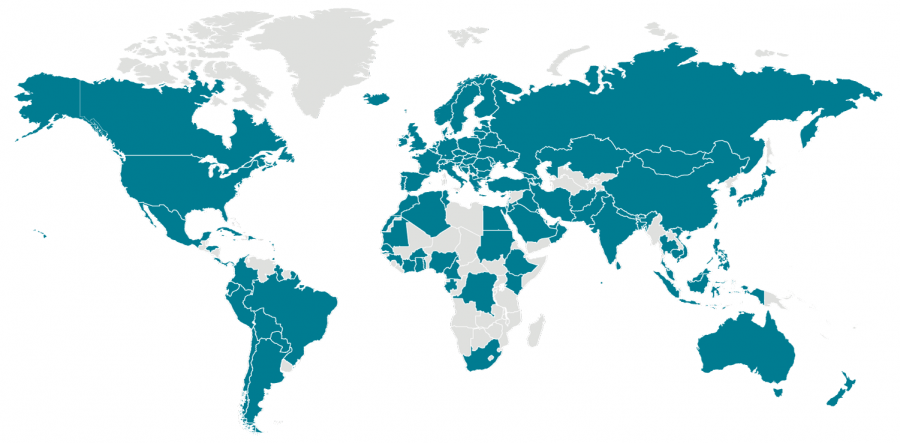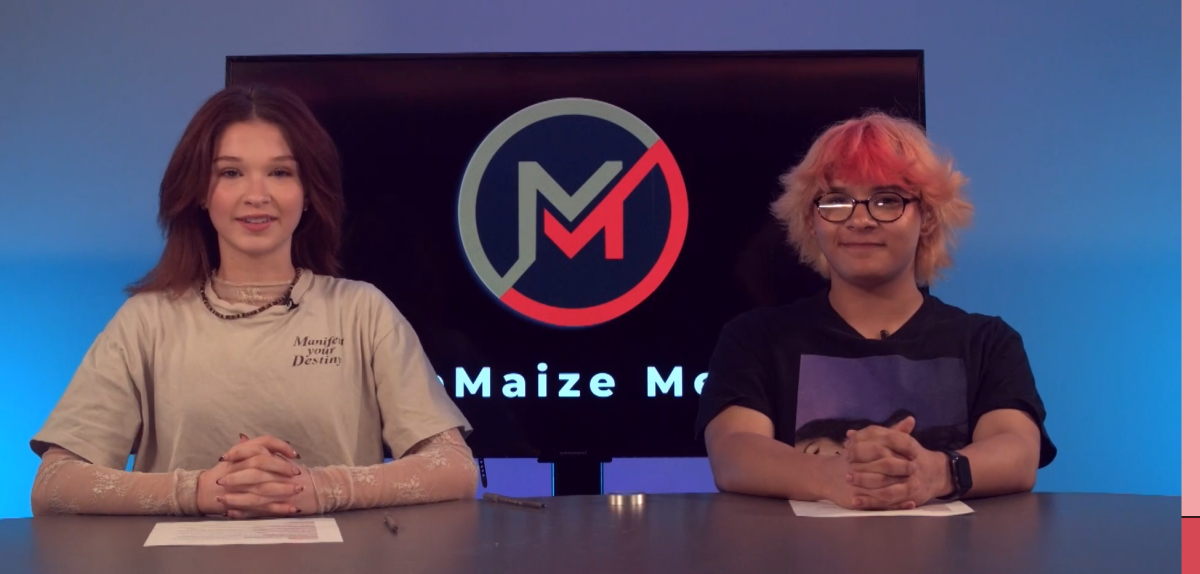The spread of lies is a virus we can control
March 17, 2020
When I was a little kid, I was scared of centipedes and monsters and going to the doctor. I dreaded going to the dentists and that one episode of Spongebob with the Hash-Slinging Slasher. I was not scared of the media, and, as I’ve grown older, I don’t think there’s anything to fear about the news. What I am scared of is people lying on the Internet.
My Facebook feed is cluttered with my family’s opinion on the Coronavirus. It’s flooded with talk of how the flu is worse, how they’re mad they don’t get to go to concerts, how the big, scary media is making this situation out to be worse than it actually is. A collection of charts and graphs with certain statistics highlighted is often included. Most, if not all, of the opinions provided are based on a misunderstanding of the facts presented or plain ignorance.
I feel a sickly kind of anger deep in my throat. Not at the virus itself, not at all the lives that have been endangered or the families that have been broken, but at the meaningless post in the endless void of the Internet. That’s what these posts thrive on: not concern for our world, but anger for how the pandemic affects us personally.
As much as I want to comment about how wrong they are, about how you can’t twist facts to push your agenda, I can’t, because some sarcastic comments would surely fly and possibly mess up my relationship with these people. So I bite my digital tongue and make a post of my own, free of opinions and filled with cold, hard facts.
But isn’t all of this beside the point? No matter what we think, no matter how many social media stances we take, it doesn’t change the fact that more than 7,000 people have died. It doesn’t change the fact that grocery stores are out of toilet paper and that Prom is in jeopardy.
In a time such as this, it doesn’t matter what a 16-year-old thinks. It doesn’t matter what your aunt from Manhattan thinks. Emojis and capital letters on your phone will not change anything. What matters is that we wash our hands for 20 seconds and look at the big picture of what is really going on.
As of 6 p.m. on March 16, Worldometer reported 182,403 people infected with the virus. That’s larger than the population of Topeka — 7,144 people have died, 7,144 people that will be dead no matter how many Twitter threads are posted.
Snooze your annoying relatives (It’ll do wonders for your mental health, I promise). Wash your hands. Use Clorox wipes on your door handles. If you’re going to say something about the virus, make sure it’s true. Stay safe and don’t make yourself look stupid online.





